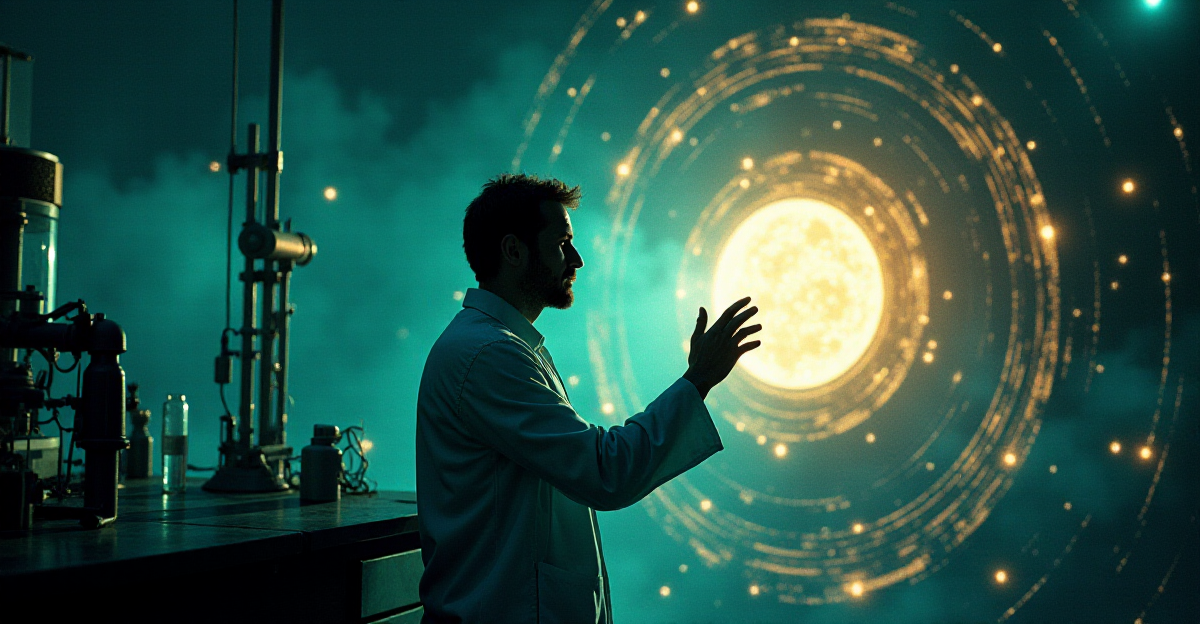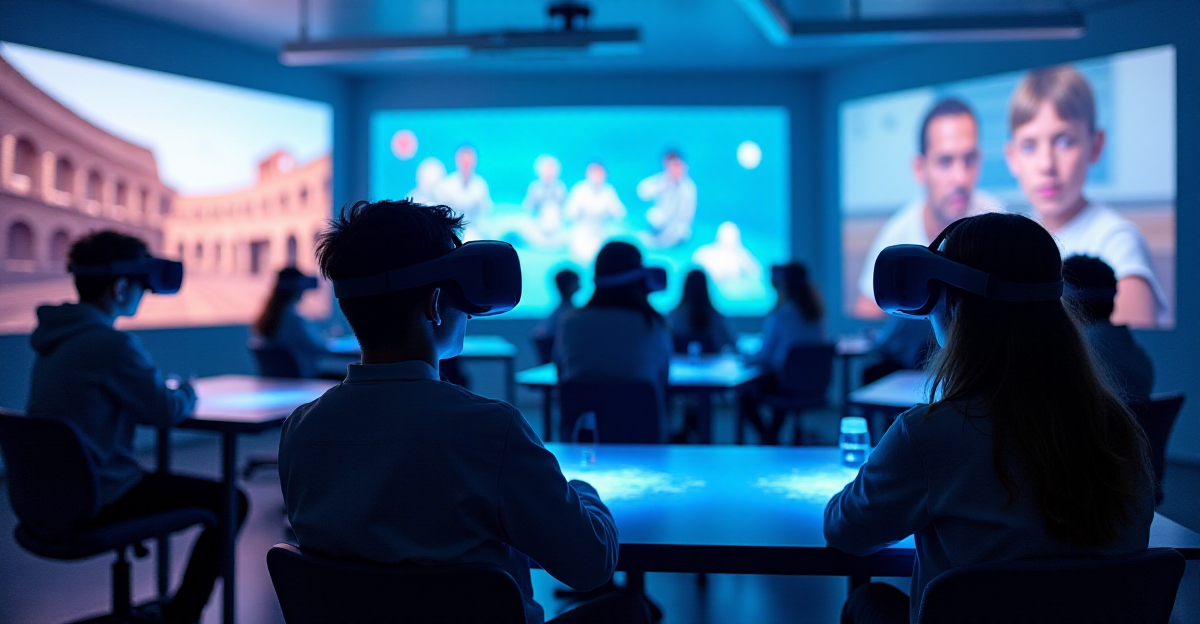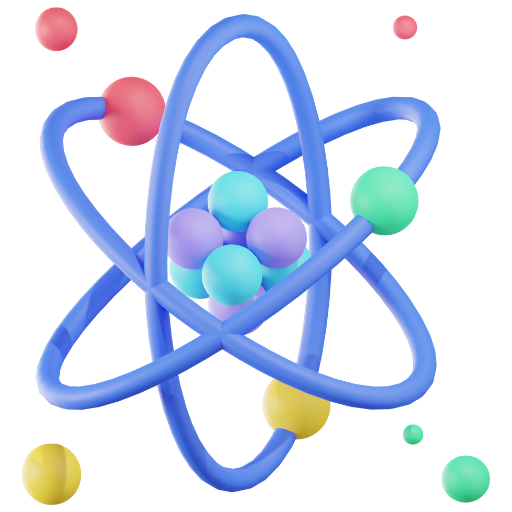In Search of the Elusive Magnetic Monopoles

Theoretically, magnetic monopoles are particles with only one magnetic pole—north or south—that, should be found, would transform physics. The search for these particles—which have been proposed but never definitively seen—is investigated in this article. My discussion with a physicist building the Large Hadron Collider helped me to understand the thrill and uncertainty surrounding this pursuit. ...
Read MoreTime Dilation: A Journey Through Einstein’s Relativity

Key idea from Einstein’s theory of relativity, time dilation proposes time can run at different rates for different observers. This page explores how strong gravitational fields or fast speeds might produce this amazing effect. My obsession with time travel stories drove me to investigate actual cases, such as GPS satellites, where time dilation needs to ...
Read MoreSuperconductivity: The Path to Zero Resistance

Superconductivity is the phenomena whereby, at low temperature below a certain temperature some materials conduct electricity with zero resistance. From its invention in 1911 to current uses in MRI scanners, maglev trains, and even lossless power grids, this page chronicles the history. A tour of a physics research center exposed me to the cryogenic settings ...
Read MoreUnseen Forces: The Quest to Understand Dark Matter

Though it makes around 27% of the cosmos invisible, dark matter affects cosmic gravity and remains one of the biggest riddle in physics. From gravitational lensing to galactic rotation curves, this page travels across the evidence of its existence. One night at an observatory, where astronomers discussed how dark matter forms the universe, my interest ...
Read MoreQuantum Entanglement: The Spooky Action Explained

Albert Einstein famously termed spooky action at a distance, quantum entanglement is the phenomena whereby particles are instantaneously linked over great distances. This paper questions our knowledge of physics by investigating the enigmatic realm in which entangled particles can possibly interact faster than light. I became fascinated with how this could transform sectors from cryptography ...
Read MoreRevolutionizing Learning with Virtual Reality in Education

Virtual reality (VR) offers immersive, interactive settings that bring courses to life, therefore transforming students’ experience of education. This post looks at how VR might carry students to historical sites, run experiments, and replicate real-world classroom situations. Using examples and ideas, we explore how VR improves knowledge, engagement, and retention—especially in fields where physical constraints ...
Read MoreFostering Critical Thinking Skills in Today’s Classroom

A fundamental ability, critical thinking helps students to independently assess and evaluate material. From open-ended inquiries to problem-solving exercises that pique interest, this article looks at several ways teachers could foster critical thinking. Using actual classroom settings, we explore how developing critical thinking not only improves academic performance but also gets children ready for life ...
Read MoreThe Power of Differentiated Instruction in Diverse Classrooms

Differentiated instruction helps teachers to meet the particular learning requirements of every student, therefore increasing the effectiveness and inclusiveness of education. Teachers can accommodate students’ different abilities by using tactics including varied assignments, flexible grouping, and customized help according this article. Drawing on personal teaching experiences, we investigate how varied instruction guarantees all students can ...
Read MoreBringing Mindfulness to the Classroom for Better Focus and Learning

Mindfulness practices are becoming an essential part of educational settings, helping students manage stress and improve focus. This article explores how mindfulness techniques like breathing exercises, meditation, and gratitude practices can enhance students’ academic and emotional well-being. Drawing from classroom experiences, we discuss how these techniques can be easily integrated into daily routines to foster ...
Read MoreExploring the Benefits of Outdoor Learning for Students

How Outdoor Learning Benefits Students One field excursion to a nearby woodland taught me personally the value of outdoor learning. Our teacher urged us to notice the bark, leaves, and branches as we were investigating several tree species. We even got to compile samples and develop our own field guide. This was lot more interesting ...
Read More









